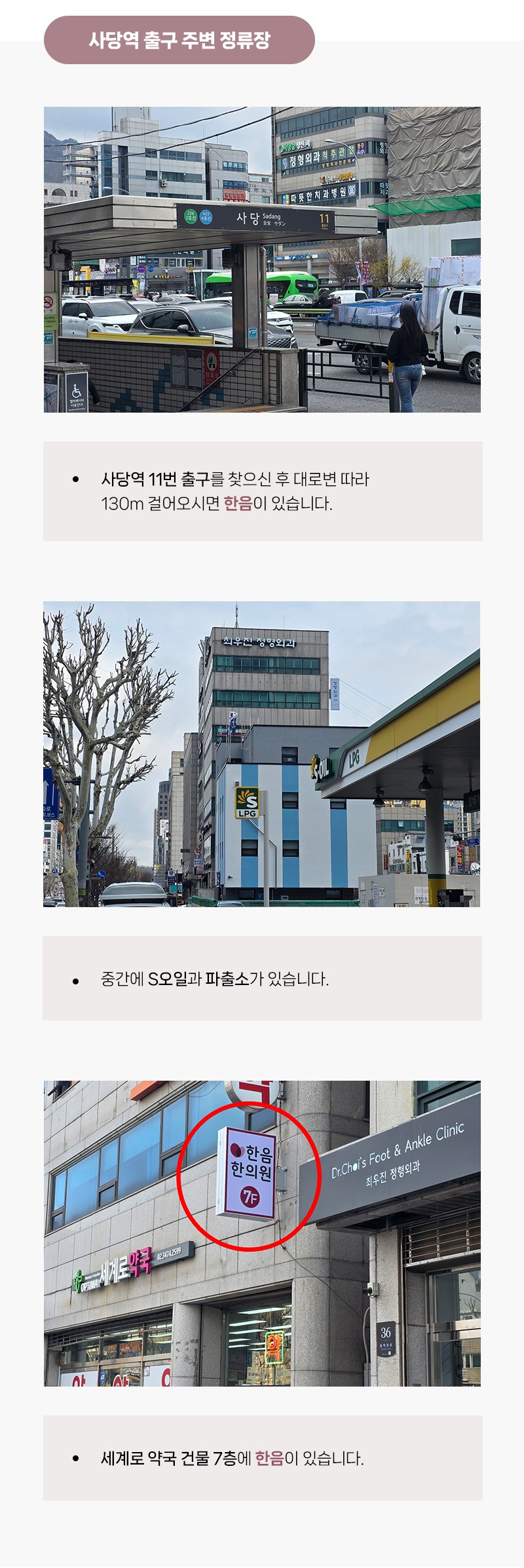Haneum
의학 논문
한음이 발표한 의학논문입니다.
체질특성과 화병의 상관관계에 대한 연구 - 화병역학연구 자료에 기반하여
초록
Objectives :The aim of this study was to find correlations between characteristics of Four constitution and Hwa-byung. Methods :Clinical data were collected from Hwa-byung Epidemiologic study data. we selected 130 self-labelled Hwa-byung patients data and 83 of them were diagnosed as Hwa-byung by SCID. We used Hwa-byung SCID, Hwa-byung scale, CES-D, STAI, STAXI and Personality and Physiological Symptom Questionnaire(PPSQ) as evaluation tools. We performed statistical analysis of each 2 groups, self-labelled Hwa-byung group(N=130) and diagnosed Hwa-byung group(N=83). Results :1. In self-labelled Hwa-byung group, Greater yin score showed significant negative correlation with 3 indices of Hwa-byung scale and significant positive correlation with 1 index. Lesser yin score showed significant positive correlation with 6 indices. In diagnosed Hwa-byung group, Greater yin score showed significant negaitive correlation with 5 indices. In both groups, Lesser yang score showed no significant correlation with any indices of Hwa-byung scale. 2. In self-labelled Hwa-byung group, Greater yin score showed significant negative correlation with both trait anger score and state anger score of STAXI. Lesser yin score showed significant positive correlation with trait anxiety score, state anxiety score and CES-D score self-labelled Hwa-byung group. Lesser yang score showed significant positive correlation with anger-out score of STAXI. But Lesser yin score showed significant negative correlation with same index diagnosed Hwa-byung group. Conclusions :1. The higher Greater yin score, suppression or denial, psychological defense mechanism, become more stronger. 2. The higher Lesser yin score, anger-out tendency become more weakened and increased prevalence of Hwa-byung symptoms. 3. The higher Lesser yang score, anger-out tendency become more stronger.























